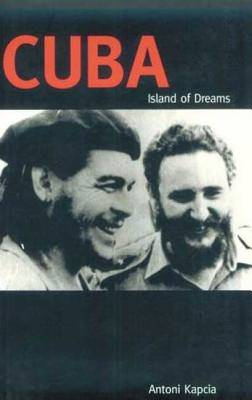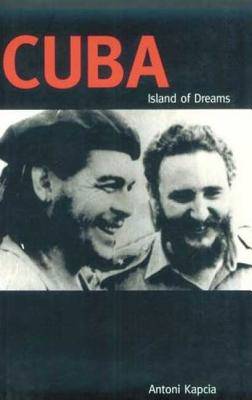
- Afhalen na 1 uur in een winkel met voorraad
- In januari gratis thuislevering in België
- Ruim aanbod met 7 miljoen producten
- Afhalen na 1 uur in een winkel met voorraad
- In januari gratis thuislevering in België
- Ruim aanbod met 7 miljoen producten
Omschrijving
As spiritual home of Che Guevara and arch-enemy of the United States for more than forty years, Cuba exerts a powerful hold over people's imaginations. The Revolution and its leader, Fidel Castro, have survived invasion, repeated external and internal crisis, and most astonishingly, economic collapse and political isolation. What is at the root of the continuity and success of the 'Revolution' and in what sense can it be termed a 'revolution'? This book is the first in-depth study of Cuba to examine its history and revolutionary transformation through the evolution of ideology and myth. Music, political campaigns, street and media propaganda, literature, cinema, and drama have served to establish a cubanista tradition, supported by powerful myths such as Che Guevara and Jose Marti, the New Man, youth, and an Afro-Cuban identity. Challenging preconceptions and conventional wisdoms about Cuba and its leadership, this book presents a remarkable portrait of the distinctive history of the island's culture. The interplay of history, revolutionary action, and ideology through myth and collective experience make this book essential reading for Cuban scholars, Latin American and US historians, political analysts and those generally interested in the history and future of Cuban political culture.
Specificaties
Betrokkenen
- Auteur(s):
- Uitgeverij:
Inhoud
- Aantal bladzijden:
- 312
- Taal:
- Engels
Eigenschappen
- Productcode (EAN):
- 9781859733318
- Verschijningsdatum:
- 1/10/2000
- Uitvoering:
- Paperback
- Formaat:
- Trade paperback (VS)
- Afmetingen:
- 156 mm x 233 mm
- Gewicht:
- 439 g

Alleen bij Standaard Boekhandel
Beoordelingen
We publiceren alleen reviews die voldoen aan de voorwaarden voor reviews. Bekijk onze voorwaarden voor reviews.









